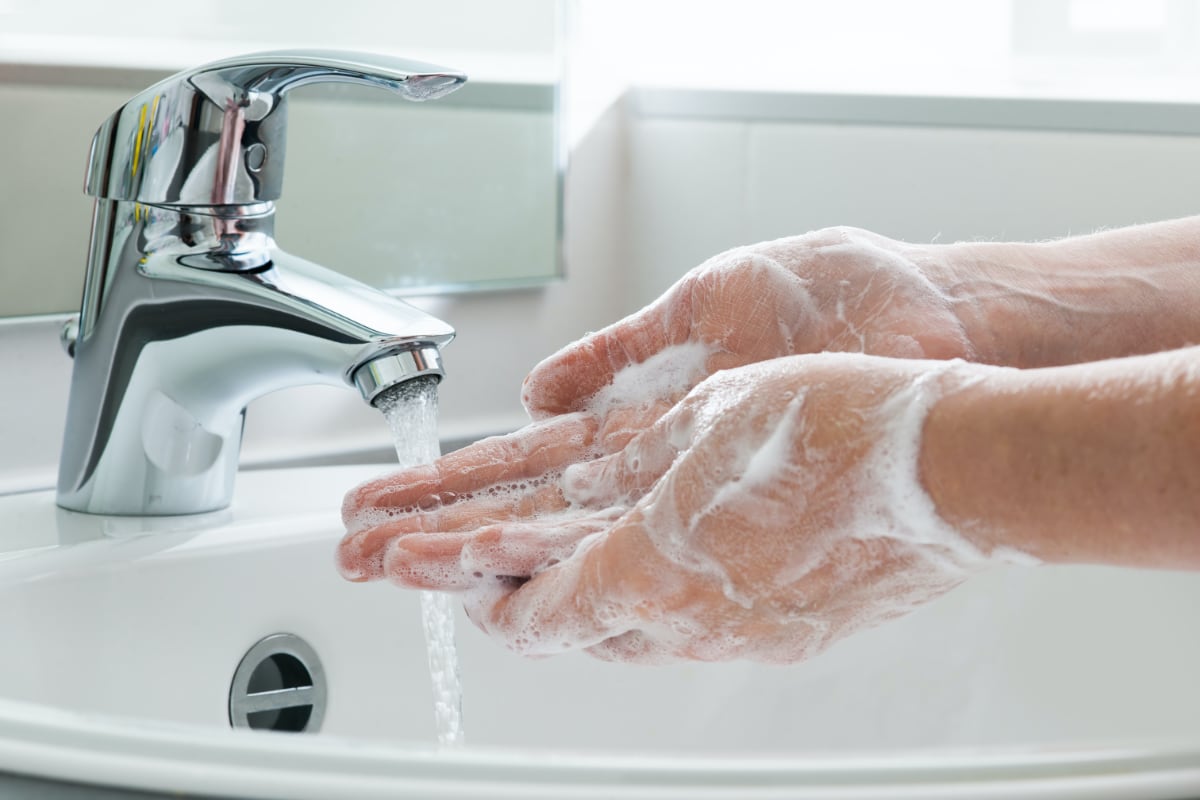What are the symptoms of the coronavirus?
Symptoms can include:
- Fever
- Runny nose
- Coughing
- Sore throat
- Fatigue
- Shortness of breath
In severe cases, someone may have symptoms of pneumonia or severe respiratory distress.
Following exposure, if someone is going to become unwell, most do so within 14 days.
If you develop fever or respiratory symptoms, please call your GP practice, or call Healthdirect on 1800 022 222.
Last updated: 10/3/2020
Are there vaccines available?
There are now two types vaccines from Pfizer and AstraZeneca approved for use in Australia to protect against COVID-19 with more potentially on the way.
These two vaccines have gone through a rigorous approval process by the Therapeutic Group Administration (TGA). There will be no costs to the population to get these vaccines.
These vaccines are not mandatory.
The vaccines are gradually being rolled out in phases nationwide with the most vulnerable and frontline workers being prioritised first.
For more information on the vaccines and to check your eligibility for the current phase of vaccinations, please go to:
https://www.health.gov.au/initiatives-and-programs/covid-19-vaccines
Last updated: 22/3/2021
How do you prevent the spread of the coronavirus?

The virus can spread through several means, including close contact with an infected person, contact with droplets from an infected person's sneeze or cough or touching surfaces or objects that have cough or sneeze droplets on them (from an infected person) and then touching your eyes, nose or mouth.
Most COVID-19 cases appear to spread from people who have symptoms. To avoid getting the virus, it is advised to:
- practise good hygiene e.g. wash your hands regularly with soap and water or use alcohol-based hand sanitisers; avoid touching your eyes, nose and mouth; cough or sneeze into a bent elbow or tissue and discard the tissue
- practise physical distancing – stay 1.5 m away from others wherever possible
- follow the limits for public gatherings
- understand how to isolate if you need to
- get vaccinated against COVID-19
For further advice, please visit the Australian Government Department of Health’s website: https://www.health.gov.au/news/health-alerts/novel-coronavirus-2019-ncov-health-alert#protect-others-and-stop-the-spread
Last updated: 23/3/2021
TeleHealth Appointments are now available with GPs and Specialists
As a result of the coronavirus (COVID-19) pandemic, we understand that some patients do not want to attend appointments on a face to face basis.
And although the idea of a virtual visit has been used in a limited way in the past, especially to those patients in rural areas, telehealth consultations have now become more mainstream and an essential tool for general practice to protect doctors, staff and patients from COVID-19 while continuing to deliver quality care.
Both primary care and specialists offer this service, allowing them to further their reach and expand access to care to reach more patients. This can also increase the practice revenue and practice efficiency.
Patients too benefit from this service as they can see their doctor when they need to, do not have to travel, take time off work and can maintain their regular appointments. They also benefit from less time in the waiting room and thus less chance of catching a new illness. Of course, a final key benefit is the patient can practice better management of medication, lifestyle and any chronic conditions from the comfort of their own homes.
In the first instance, to get medical advice, call your local general practitioner (GP). They will be able to discuss your Telehealth options.

